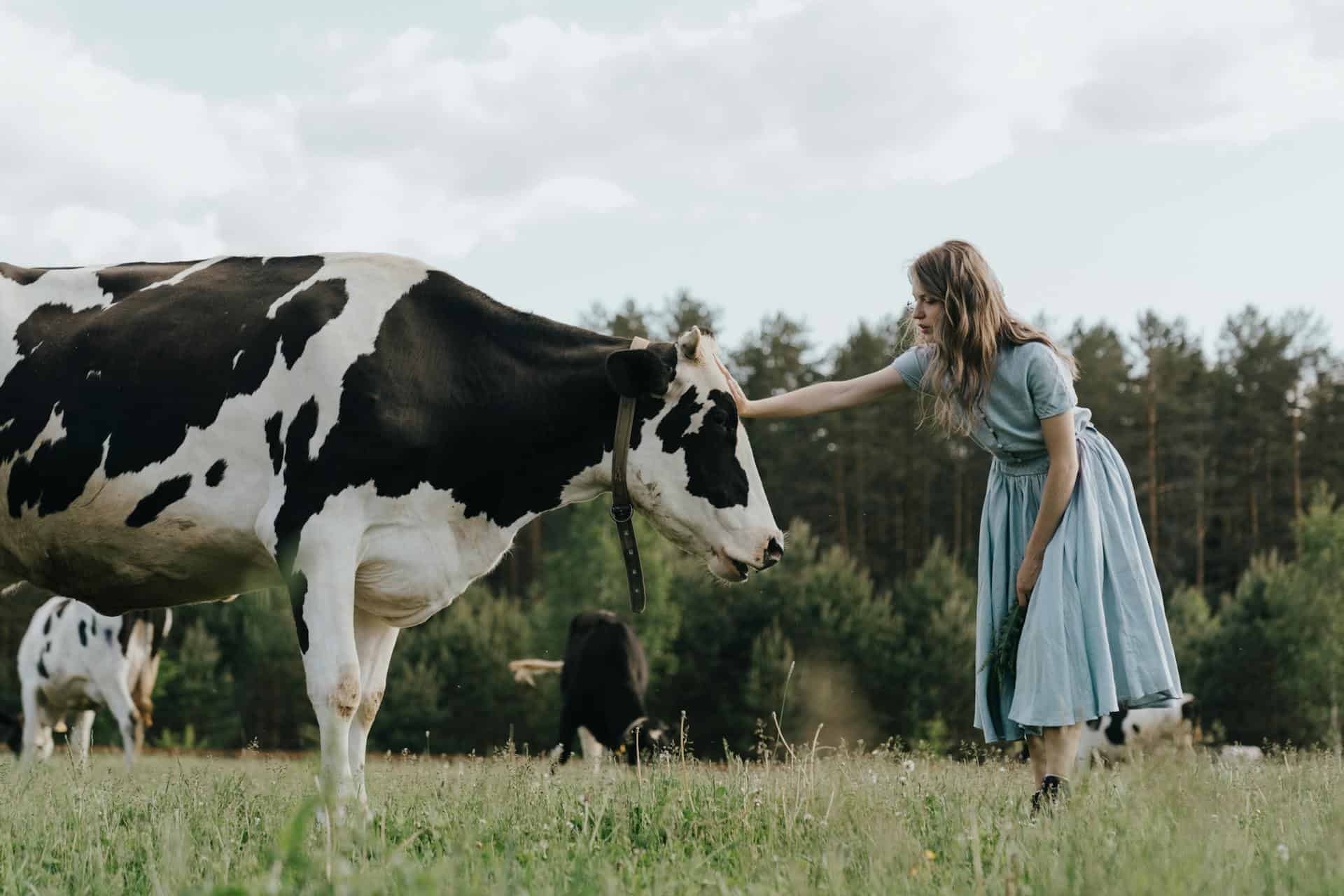Have you ever wondered how animals maintain their teeth without regular dental checkups or toothbrushes? The animal kingdom is full of fascinating dental adaptations that provide valuable insights into natural ways to maintain oral health. From diet to unique behaviors, here’s how different creatures manage their pearly whites:
Chewing the Right Diet: Nature’s Toothbrush
Many animals rely on their diet to keep their teeth clean. For example:
- Herbivores like cows and horses eat fibrous plants that naturally scrub their teeth as they chew. The rough texture of grasses and hay acts like a natural toothbrush, removing plaque and debris.
- Carnivores like lions and wolves gnaw on bones, which help scrape away tartar and keep their teeth sharp.
Self-Cleaning Mechanisms
Some animals have built-in systems to protect their teeth:
- Rodents like beavers and rats have ever-growing teeth that naturally grind down as they chew. This process keeps their teeth healthy and functional.
- Sharks continuously shed and replace their teeth, ensuring they always have a clean, sharp set ready for action.
Helpers in the Wild: Symbiotic Relationships
Certain animals have “dental hygienists” in the wild:
- Crocodiles let small birds like the Egyptian plover pick food debris from their teeth. This mutually beneficial relationship helps keep the crocodile’s teeth clean while providing food for the bird.
- Fish like the cleaner wrasse remove parasites and food particles from the mouths of larger marine creatures such as groupers and sharks.
Natural Chewing Habits
Many animals maintain oral health simply by chewing:
- Dogs and Wolves naturally chew sticks, bones, or rawhide, which can mimic the effect of brushing.
- Elephants chew tough bark and twigs, which help wear down their ever-growing molars and keep their teeth healthy.
Saliva: Nature’s Mouthwash
Saliva plays a vital role in oral hygiene for both humans and animals. It helps neutralize acids, wash away food particles, and prevent plaque buildup. Animals like cats and dogs produce plenty of saliva, which contributes to their dental health.
Genetic Advantages
Some animals are simply better adapted for dental health:
- Reptiles and Amphibians: Many reptiles, like snakes, shed and regrow their teeth regularly, which keeps them free of decay.
- Dolphins have a unique set of teeth that doesn’t decay easily due to the naturally high pH levels in their mouths.
What Can We Learn from Animals?
While humans can’t adopt all these methods (you probably don’t want to chew bark or gnaw on bones!), we can take some inspiration:
- Diet Matters: Eating fibrous fruits and vegetables like apples and carrots can help scrub your teeth naturally.
- Hydration is Key: Drinking plenty of water, much like saliva production, helps wash away food particles and maintain oral hygiene.
- Preventive Care is Essential: Unlike animals, humans are more prone to decay due to sugar-heavy diets. Regular brushing, flossing, and dental checkups are crucial to keep our teeth healthy.
Nature has ingenious ways of maintaining oral health. By observing the habits and adaptations of animals, we can find simple, natural ways to enhance our dental care routines while marveling at the wonders of the animal kingdom.


